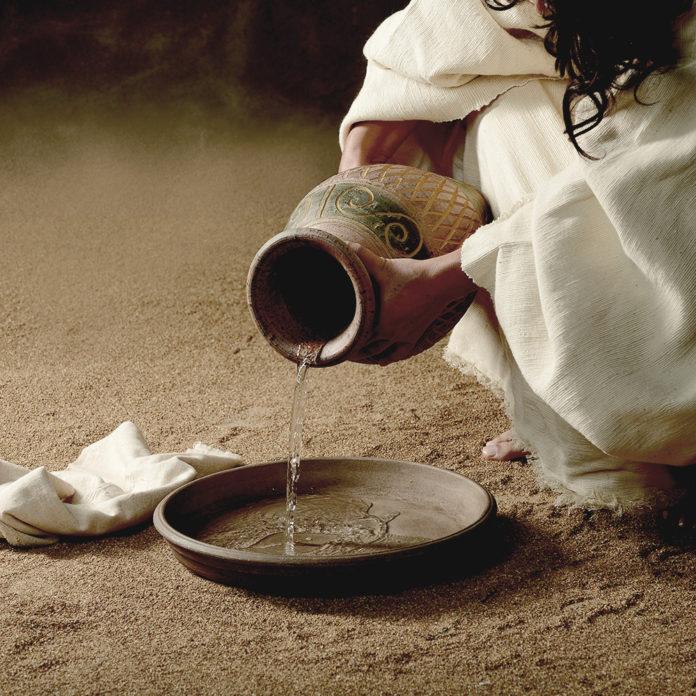
When last did you stop to wash someone’s feet?
We recently helped run the first ever Justice Conference in South Africa and it was good.
One of the best things for me was witnessing the amount of justice put into the planning of the conference in terms of who got to speak, who was on stage, who made the decisions and so on.
In the past, conferences in our country have looked largely white male middle-aged. This time the team ensured that closer to 50% of the planning team was female, close to 40% was under the age of 35 and a large percentage of it was non-white.
When it came to the conference itself there were something like 66 contributors of which again about half were female and only 6 or so were white. This was a very different look to most conferences in South Africa, especially in the church and full of so much significance there already.
WHERE TO FIND THE LEADERS?
This is taken from some words my friend Jacqui Tooke, who was at the conference shared, about something she noticed that stood out for her:
It is about one local, predominantly white church that I have recently come to know. Throughout the conference, I would see various members of this church, led by the senior pastor and his wife, ushering people to the correct venues, making sure everyone had meal vouchers, mopping floors, running the children’s programme and generally being behind the scenes to support the organisation of the conference.
Unseen and not demanding to be seen. I know this church has an awesome worship band, has run a few excellent teaching series on restitution and generosity, and is exploring how a church can do mercy and justice.
They could easily have expected to serve at the conference in the upfront ways, but they chose the path of unnoticed helping. In a historical context where the white church has monopolised the setting of the agenda, choosing to serve in this way is a small act of restitution.
This created a platform for black voices of the broader South African church to be heard in the teaching and preaching, in the prophetic voices and in worship. These voices are indeed crucial to the church in South Africa and in creating a vision for all that the church can be in fighting injustice.
So often I hear white folk ask “what can we do?” thinking they need to start something or lead the way in something. I share this story not because this church wants the attention or to be especially thanked, but as an example of what us white folk can do.
We can serve, we can get behind black leaders and voices, we can stand with those who are already working in ways to undo the dehumanising structures of our society. We can let go of our need to make it all about us, our need to be upfront and to fix the problem our way. Of course, this is not the only role for the white church, but it is a good place to start.
WHERE DID WE GET THIS?
There is a story in the Bible told about Jesus near the end of His life. He is about to share His last Passover supper with His disciples and so He organises a venue and prepares for a special meal with them
But then, before they get to the meal, something strange happens. Jesus strips down to His underwear and grabs a bucket of water and a towel and starts working His way around the group, one by one, washing each disciple’s feet.
You can read the whole story in John 13:1-17. There is an altercation with Peter (as always) but He finishes off by saying these words:
When he had finished washing their feet, he put on his clothes and returned to his place. “Do you understand what I have done for you?” he asked them. “You call me ‘Teacher’ and ‘Lord,’ and rightly so, for that is what I am. Now that I, your Lord and Teacher, have washed your feet, you also should wash one another’s feet.
GO AND DO LIKEWISE
One thing that Jesus taught and showed us again and again by both His words and His life, is that His kingdom operated differently from the one we are used to.
I am used to leaders pushing their way to the front of food queues, fighting over who gets the mic and making sure they are noticed. Yet Jesus would have none of this (and rebuked His followers on occasion for seeking the center stage). Instead He models stepping out of the light into the shadows and getting on with the work of His Father, establishing His kingdom on earth as it is in heaven.
Jesus invites us to follow Him and that extends to living the same kind of self-sacrificing life that He lived, never seeking to be out in front or receiving all the glory, but happy to simply live out the mission and see His Father receive all the praise.
That feels like the kind of God I would want to explore a little more and get to know. How about you?
